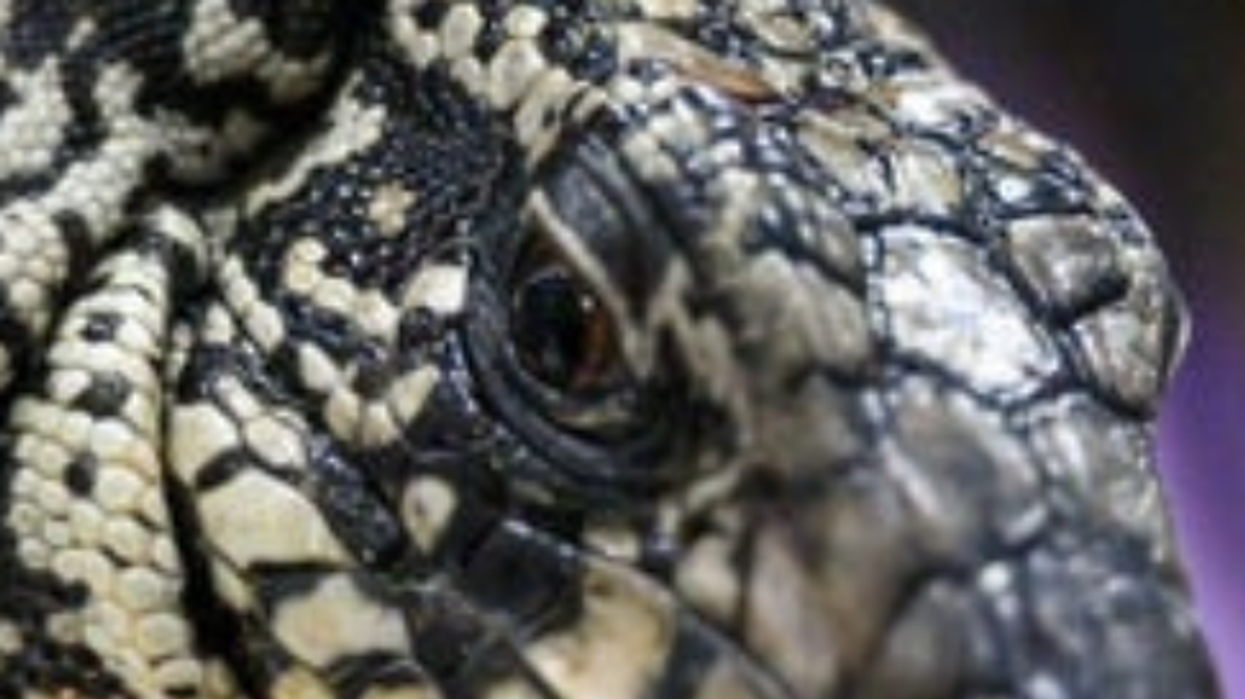
Even when you think that the natural world is out of horrors, another one will emerge.
The latest? A lizard species, originally from Argentina, that can grow up to four foot long. They’ve been spotted by people in the state of Georgia in the US, and they’ve driven people indoors and out of green spaces. These lizards are Argentine black and white tegus – and authorities aren’t exactly sure how they got to where they are.
Some suggested that people originally bought them as pets, and then released them into the wild when they got too big (they are legal to keep as pets in the state of Georgia). They’ve previously been spotted in north Florida, but authorities have warned that releasing these animals into the wild is irresponsible. Some initial sightings of these lizards occurred in the Toombs and Tattnall counties in Georgia, which are relatively rural.
According to the Georgia Wildlife centre’s website:
Tegus will eat the eggs of ground-nesting birds — including quail and turkeys — and other reptiles, such as American alligators and gopher tortoises, both protected species.
In Florida, these lizards have established three wild populations. They could also harm wildlife and natural habitats – as they originate in south America, experts are worried that they may transmit exotic parasites to wildlife in Georgia, or they could contaminate crops.
They can live up to 20 years, and can grow as heavy as 10 pounds. These lizards are an invasive species, and while they aren’t typically aggressive, they are predators and can be deadly if provoked. The lizards can create their own habitats, but they’re also prone to displacing other animals.
Now, these lizards may be evading capture – so officials in the state are asking people to help them track down where the lizards may have gone. They’ve also clarified that as this species is classified as protected or endangered in the US, anyone who finds one is able to kill one in accordance with state laws.













